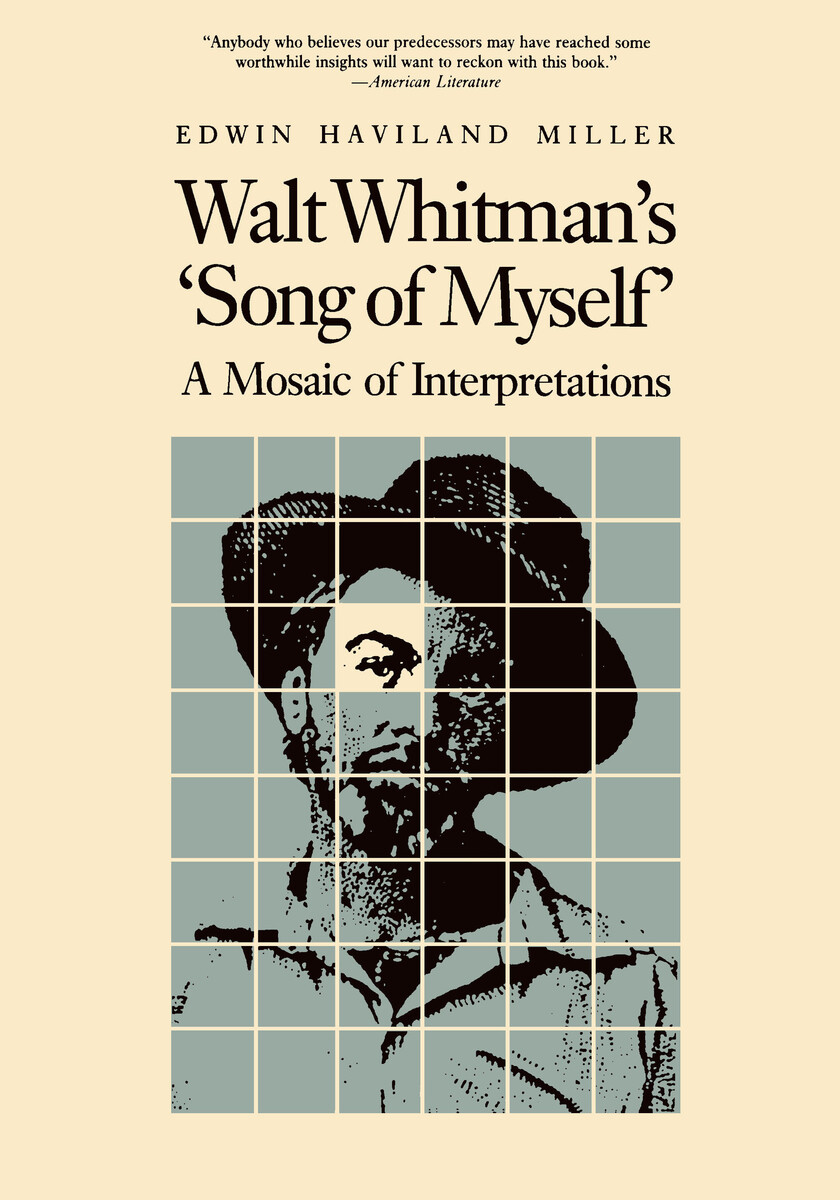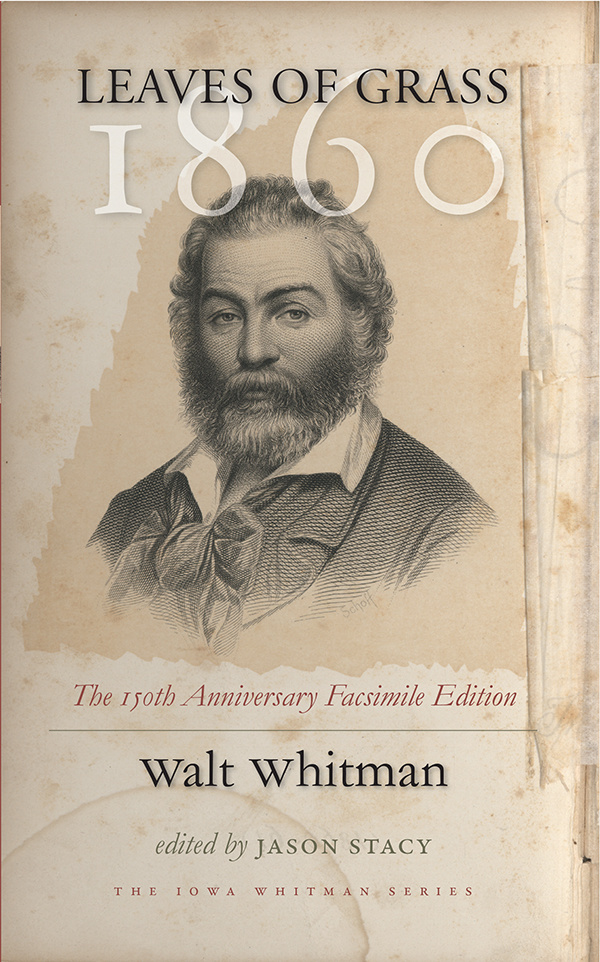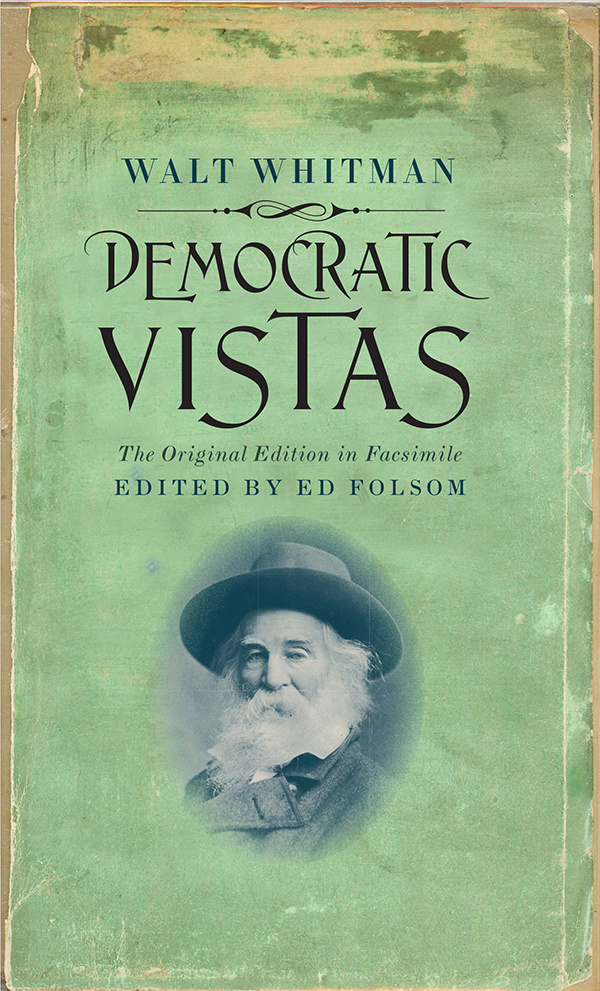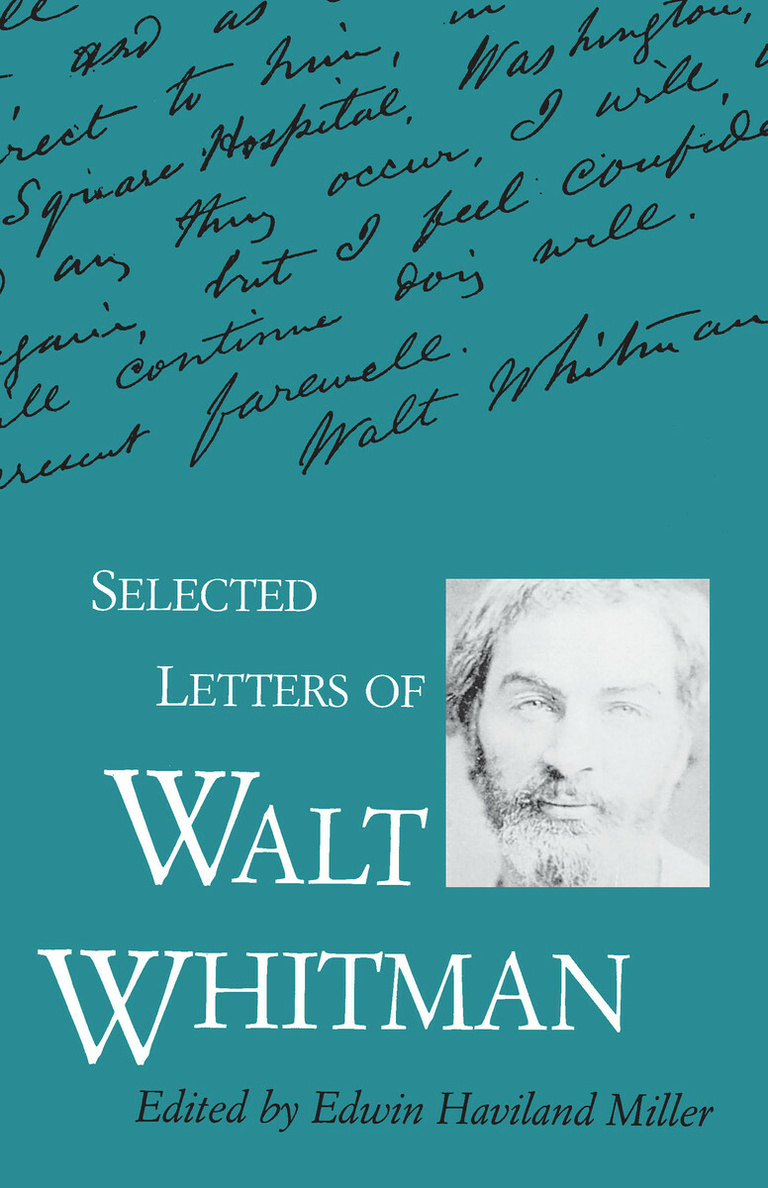Walt Whitman's "Song of Myself" is a remarkable encyclopedia of how Whitman's greatest poem has been received by critics and poets since its appearance in 1855. From the beginning the poem has posed difficulties for readers because of the absence of rhyme, the free meter, the startling introduction of nonpoetic diction and erotic materials, and the richness and subtlety of a poet who ventured into new poetic territory in his effort to establish himself as the first bard of the democracy.
Integrating the diverse views of approximately three hundred scholars, this volume does for Whitman what has been done for Shakespeare and others in variorum editions. Future readers and interpreters will now have easy access to an elaborate commentary upon which all subsequent interpretations will of necessity draw.
Included in this edition is a complete facsimile of the 1855 edition of the poem, followed by an analysis of the work from section to section. An introduction reviews the background of the poem and its commentary, presenting detailed discussions of the many attempts to establish the structure of this seemingly formless poem. Also included are an appendix describing Whitman's catalogs and a bibliography of all the significant discussions of "Song of Myself" over the past 130 years. This highly useful book is destined to be the standard reference work for everyone concerned with Whitman's poetry.
"If one had to limit Leaves of Grass and a knowledgeable commentary on Leaves of Grass to a single volume, this one edited by a leading critic of Whitman would assuredly be it. Attractively produced with a facsimile of the first edition…followed by no fewer than 300 diverse comments from leading scholars of America's poets, this production does its subject full justice…the book cannot possibly fail to please any scholar interested in the subject…It is a joy to read."—Choice
“Miller has done what the greatest of composers do to the poetry they set to music, and that is to heighten the power of the words so that a new revelation of their meaning takes place in the heart and mind of the listener.”—Robert Strassburg
“Miller organizes and presides with impartiality, referring to himself as critic (where necessary) in the third person, and only seldom laughing politely at the more far-fetched or reductive interpretations. . . . I cannot see how it could be improved: Miller has been exhaustive in assembling interpreters, but his abstracts are models of succinctness.”—Times Literary Supplement
“A mosaic is an appropriate figure both for Whitman’s masterpiece and for this unique book of criticism. . . . In furnishing a host of insightful hints, by other critics and by himself, Miller constructs a version of the poem that is more than merely complete.”—Walt Whitman Quarterly Review
“Anybody who believes our predecessors may have reached some worthwhile insights will want to reckon with this book."—American Literature



